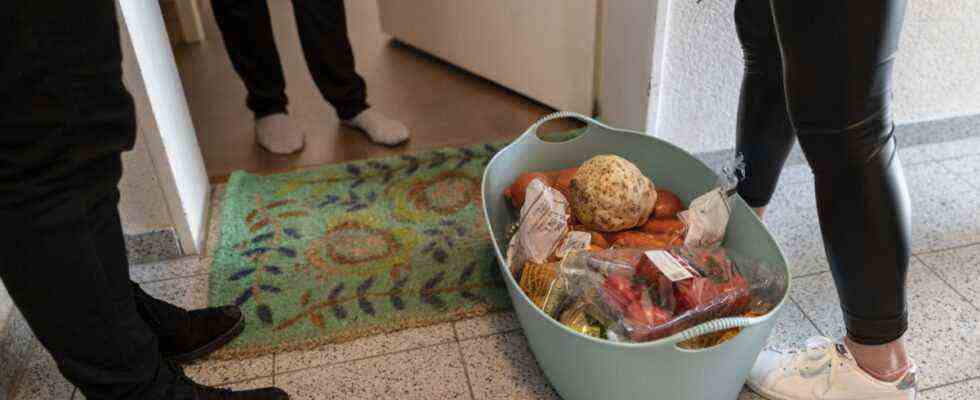The challenges of volunteering are diverse: It should make sense, preferably be project-related and expense allowances also play a role. The neighborhood aids in the district of Munich, who made themselves available as interview partners for Sigrid Ottensmann’s bachelor thesis on the subject of volunteering, would also like less bureaucratic framework conditions and are aware of the need for good management in order to be able to recruit helpers for their numerous projects.
There are numerous voluntary projects. Some are temporary in nature, others will be expanded or completely redeveloped. For example, the neighborhood help of Arbeiterwohlfahrt (Awo) in Ottobrunn, Hohenbrunn and Neubiberg recently received the Lotte Lemke Engagement Prize for their food crate projects that emerged during the pandemic, a monthly food delivery to needy senior citizens and families and their help with registration and support to receive corona vaccinations. However, these two projects are no longer active.
The “Time for you” project is being further developed for this purpose. Here, lonely seniors are visited once a month and time is spent with them. In Kirchheim, voluntary helpers support the work of the neighborhood help in the areas of care, dementia care, housekeeping, driving and accompanying services as well as through the activities of the honorary board of directors. There are also plans to set up a relatives group for this. A volunteer will lead this.
There is currently a lot of need in the family area. There, the neighborhood aids are reacting to the effects of the corona pandemic. The range of offers has been expanded, especially for children and young people. In Taufkirchen, the neighborhood help started the “Close gaps” campaign, in which schoolchildren up to the tenth grade are helped on a voluntary basis to catch up on the lessons they have missed. In a weekly learning workshop, schoolchildren can learn and do homework without registering and free of charge.
Due to the high demand, the help for schoolchildren should be further expanded. Learning laboratories with experiments, learning games and offers in mathematical and scientific subjects are in the planning stage. Neighborhood help in Haar has registered more registrations for the remedial course for elementary and middle school students than ever before. More than 40 children are now cared for there. Thanks to new sponsors and a great demand from the schools, the job sponsorship program, which was suspended due to corona, is now starting up again there.
A purely voluntary project that is independent of pandemics is the crocheting of the octopus by the Unterschleißheim neighborhood aid. Small octopuses for premature babies are crocheted according to fixed specifications in the Großhadern Clinic. They are not only there for the little patients to cuddle with, but are intended to help the babies to feel safe and comfortable in the premature baby ward.
“In the neighborhood help you will find the commitment that suits you perfectly,” says the spokeswoman for the working group, Andrea Schatz. It doesn’t matter whether you look after children or the elderly, whether you bring in your organizational skills or your own creativity, whether regularly or on a project basis, the neighborhood aids in the district of Munich stand for social innovation and contemporary civic engagement in all its facets.

